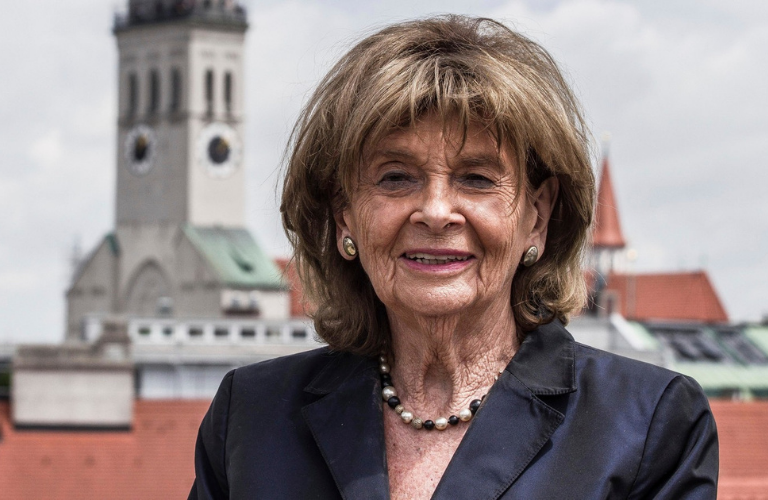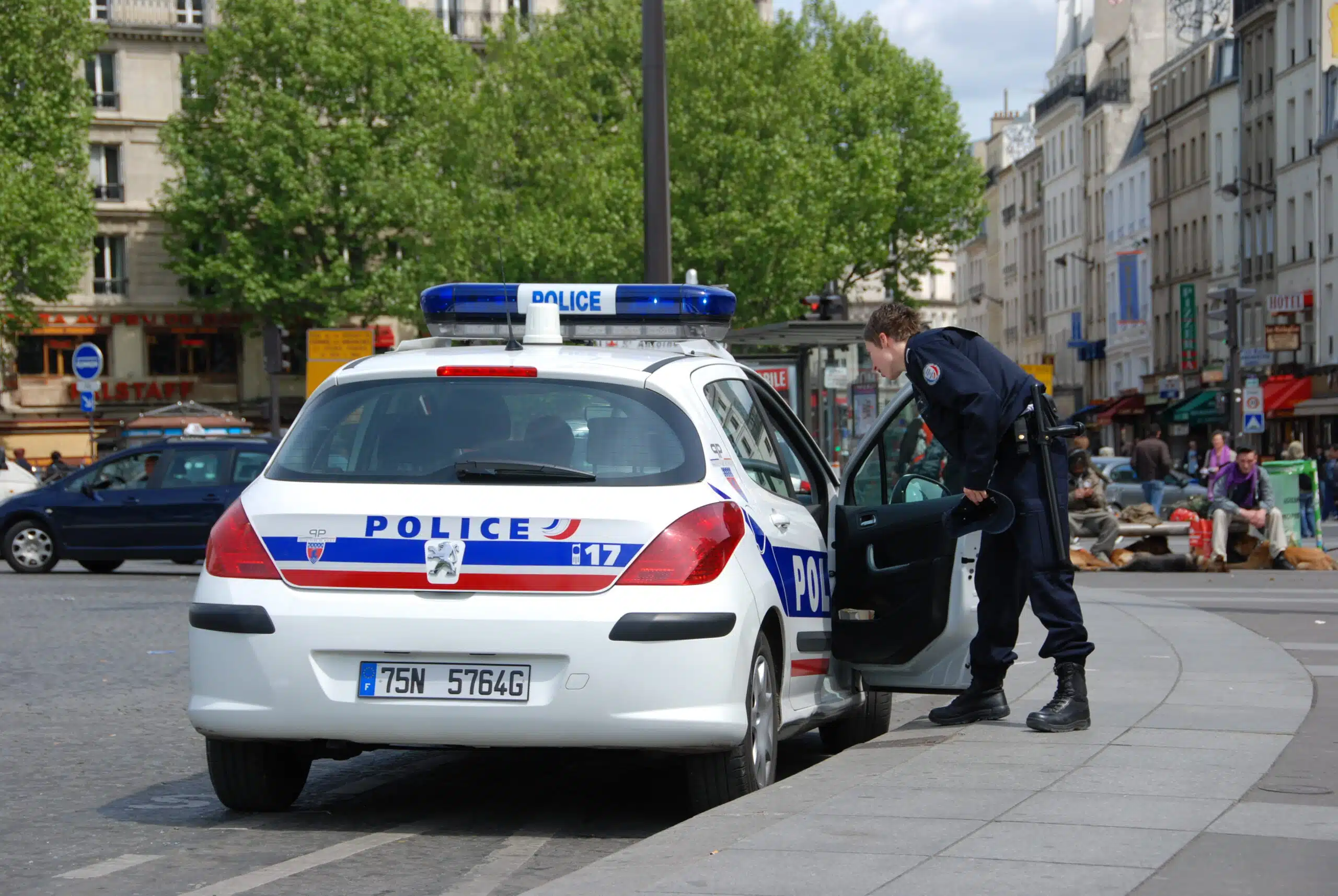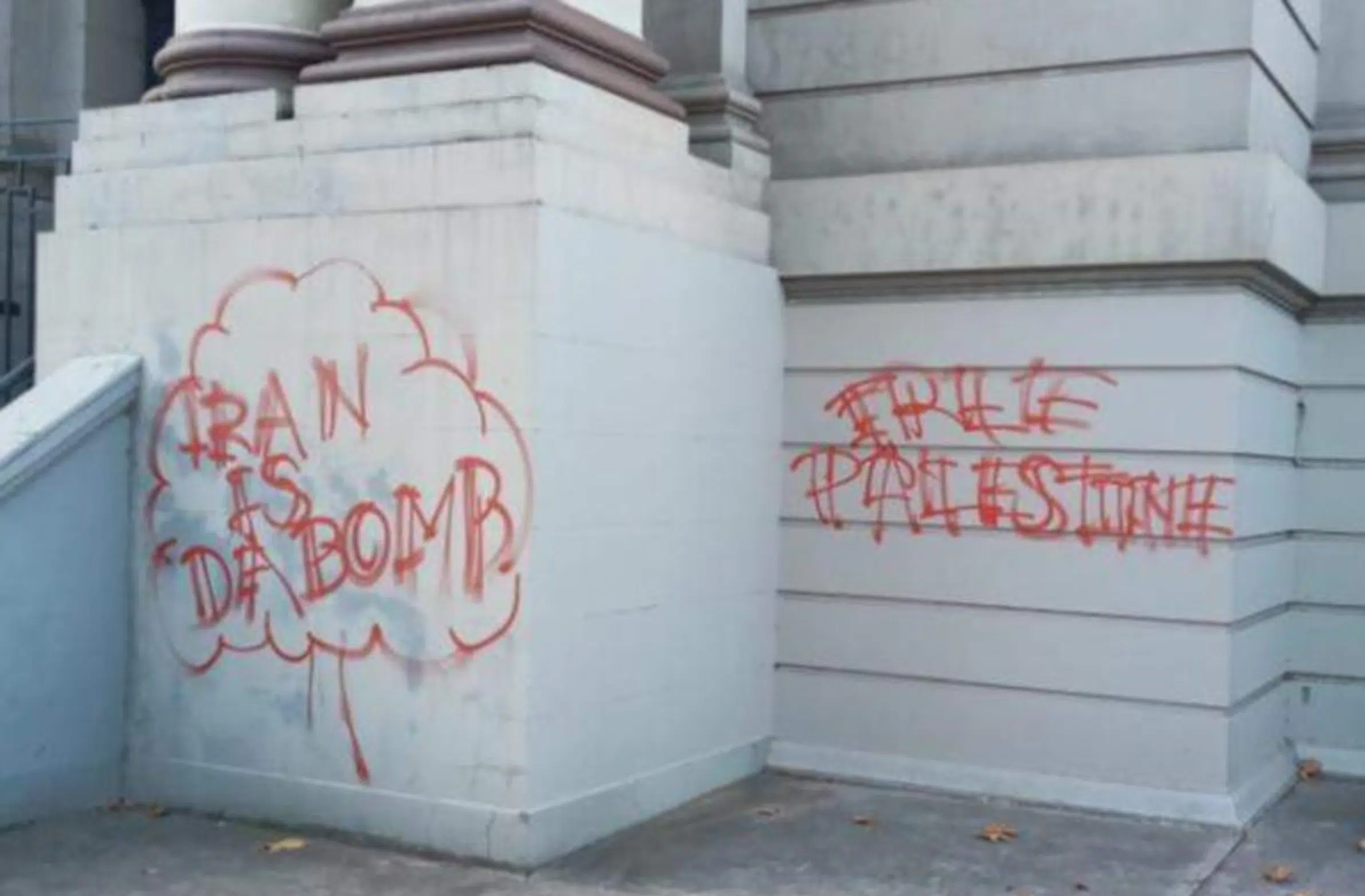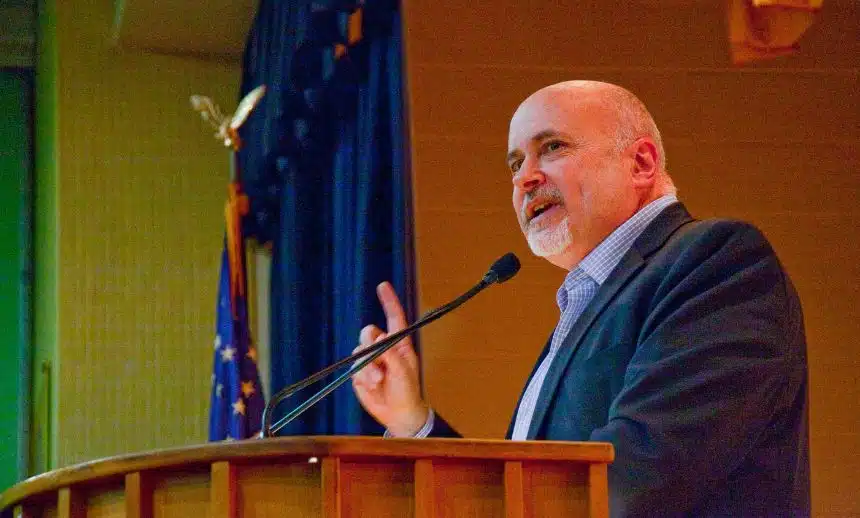

‘Hardened’ and ‘Ugly’ Antisemitism Reemerging in Germany, Longtime Community Leader Says
In recent years, antisemitism in Germany has reemerged “hardened” and “ugly,” Charlotte Knobloch — the 89-year-old president of the Jewish Community of Munich and Upper Bavaria and former president of the Central Council of Jews in Germany — said in an interview last month with the Jewish Telegraphic Agency.
Knobloch, a Holocaust survivor and grandmother of seven, is accompanied by a police security detail when she walks around in public due to threats she faces from neo-Nazis.
“Yes, it’s necessary,” the Munich native commented. “When I walk on the street, a lot of people who recognize me greet me or smile. But there are others who look, and you can see what they’re thinking. The concern is that one of them might decide to do more than just look.”
“This is the time we are living in,” Knobloch noted. “Antisemitism has always existed in Germany and beyond. It just moved to the background after World War II and has reemerged recently, hardened and ugly. That’s why I have police protection.”
Knobloch drew the ire of supporters of the far-right Alternative for Germany (AfD) in 2019, when, in remarks at a Holocaust commemoration ceremony at the Bavarian State Parliament, she said the party “bases its policy on hatred and exclusion.”
That same year, a neo-Nazi gunman tried to break into a synagogue in Halle, Germany, during Yom Kippur services. He failed to get inside, but killed two people nearby before fleeing the area and later being tracked down and arrested by police.
In 2020, there were 1,909 antisemitic incidents in Germany, an average of more than five per day, according to data compiled by the country’s Federal Association of Departments for Research and Information on Antisemitism (RIAS).
Germany also saw a surge of Jew-hatred during the flare-up of Israel-Gaza violence last May.
“We need to hang in and hope for better days,” Knobloch of the prospects for the future of German Jewry. “They won’t come soon. Certainly not in my lifetime. Maybe they won’t come at all. But we have to hope.”
As a young girl, Knobloch survived the Holocaust thanks after her father sent her into hiding with a Catholic family in a small town away from Munich.
“I was alone, but I never forgot who I was, my Jewish identity,” she said.
Following the war, Knoblach returned to Munich, where the Jewish community, that had numbered 10,000 before the Holocaust, was “crushed, its few survivors haunted by the ordeals they had experienced,” she recalled.
“There were people who didn’t understand at all that they survived, and even regretted it,” she told the WDR radio station last year. “The fact that their children, their parents, were murdered, whereas they survived — they hardly forgave themselves that.”
But there was also a desire “to celebrate life, to celebrate survival,” she said.
Described as Munich’s “iron lady,” Knobloch became of leader of efforts to revive the city’s Jewish community, which is now the second-largest in Germany, including the absorption of thousands of Jewish immigrants from the former Soviet Union and the 2006 opening of a $51 million Jewish community center and synagogue.
“It does give me a certain perspective on how precious all this is,” she said of her experiences as a Holocaust survivor. “And how close we came to having nothing at all.”
“To be a part of something like this, to rebuild Jewish life in Germany after such a tragedy, I’m very grateful that I have been able to play a part in something historic,” Knobloch stated.
read more
Join Our Newsletter
Free to Your Inbox
"*" indicates required fields





